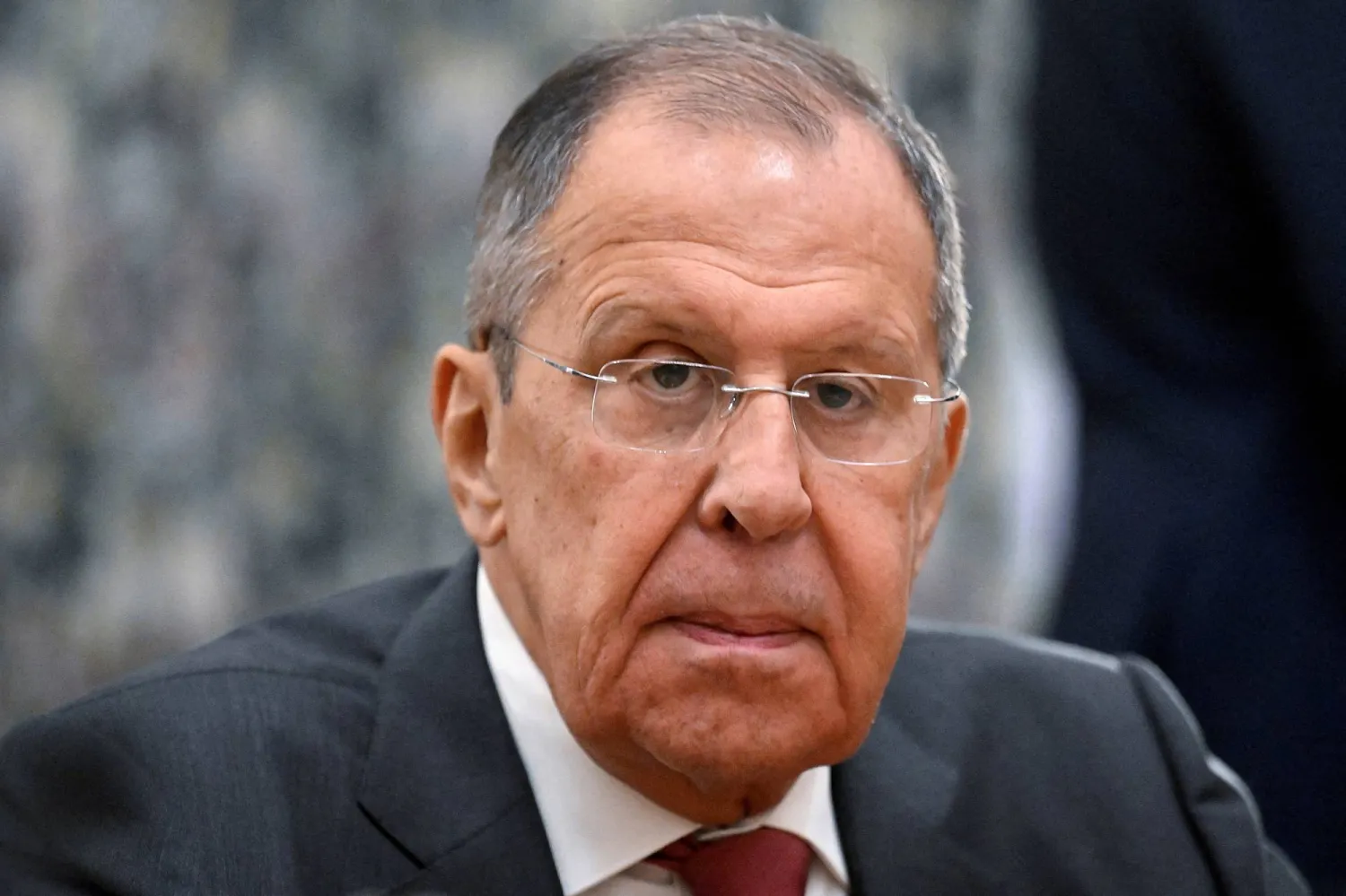A treaty that Russia and Iran intend to sign shortly will include closer defense cooperation, Russian Foreign Minister Sergei Lavrov said on Thursday.
Military ties between the two countries are a source of deep concern to the West as Russia wages war in Ukraine while Iran and Israel have exchanged missile and air strikes in the Middle East.
"The treaty on a comprehensive strategic partnership between Russia and Iran that is being prepared will become a serious factor in strengthening Russian-Iranian relations," Lavrov told state television.
According to Reuters, he said that the agreement was being prepared for signing "in the near future". Russia has said it expects Iran's President Masoud Pezeshkian to visit Moscow before the end of the year.
"It will confirm the parties' desire for closer cooperation in the field of defense and interaction in the interests of peace and security at the regional and global levels," Lavrov said. He did not specify what form the defense ties would take.
Russia has deepened its ties with Iran and North Korea, which are both strongly antagonistic towards the United States, since the start of its war with Ukraine.
President Vladimir Putin and North Korean leader Kim Jong Un signed a similarly titled "comprehensive" treaty in June, including a mutual defense clause, and the US and NATO say Pyongyang has sent some 10,000 soldiers to Russia for possible deployment in the war.
Russia has not denied their presence, and says it will implement the treaty as it sees fit.
The United States accused Tehran in September of delivering close-range ballistic missiles to Russia for use against Ukraine, and imposed sanctions on ships and companies it said were involved in delivering Iranian weapons.
Tehran denies providing Moscow with the missiles or with thousands of drones that Kyiv and Western officials have said Russia uses against military targets and to destroy civilian infrastructure, including Ukraine’s electrical grid.
The Kremlin declined to confirm its receipt of Iranian missiles but acknowledged that its cooperation with Iran included "the most sensitive areas".
Lavrov: Russia's 'Comprehensive' Treaty with Iran will Include Defense

FILE PHOTO: Russian Foreign Minister Sergei Lavrov attends a meeting in Moscow, Russia October 28, 2024. Alexander Nemenov/Pool via REUTERS/File Photo

Lavrov: Russia's 'Comprehensive' Treaty with Iran will Include Defense

FILE PHOTO: Russian Foreign Minister Sergei Lavrov attends a meeting in Moscow, Russia October 28, 2024. Alexander Nemenov/Pool via REUTERS/File Photo
لم تشترك بعد
انشئ حساباً خاصاً بك لتحصل على أخبار مخصصة لك ولتتمتع بخاصية حفظ المقالات وتتلقى نشراتنا البريدية المتنوعة







